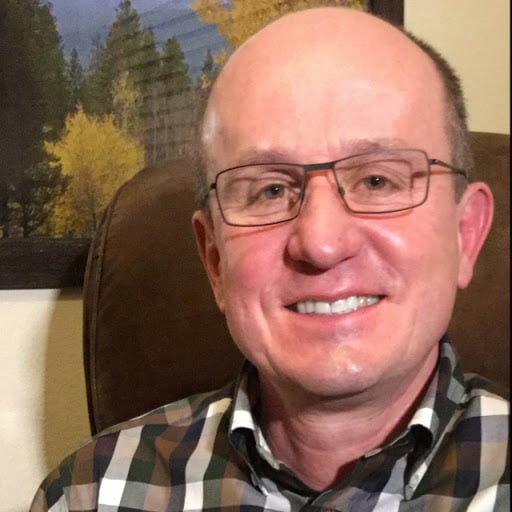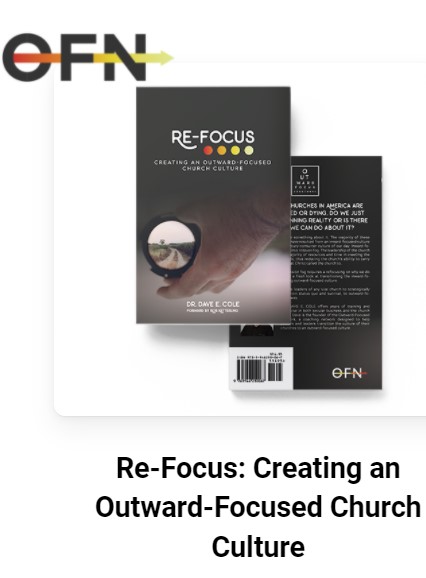 Some churches thrived the last couple of years in the areas of evangelism and missions by serving their community as testing / vaccination sites or food distribution centers. These raised their level of visibility.
Some churches thrived the last couple of years in the areas of evangelism and missions by serving their community as testing / vaccination sites or food distribution centers. These raised their level of visibility.
But, the more common experience has been like this one from our January survey.
We have kept up our overseas missions responsibilities, but our local evangelism efforts have floundered because of COVID and our staff challenges.
We all are thankful to the Lord that giving the last couple of years has for the most part remained strong. This allowed churches to keep their missionaries on the field. But, short term mission trips and local missions conferences are not yet where they were in 2019. Covid impacted these for obvious reasons.
Similarly, social distancing, masks, and general caution has impacted the willingness of some to extend invitations to church. However, we did get comments about people having more open conversations with friends and neighbors about spiritual things as a result of the unrest and uncertainty.
One of the most exciting things to me in reading everyone's comments is that there is an overall sense that it is time for churches to be more outward focused. We've been through a long season of internal struggle. It's time to refocus on our common mission of making Christ known.
So, how can technology help? Here are three ways that we are helping churches with technology for evangelism and missions.
Missions management. Use the Groupfinder features to create opportunities to serve at home and overseas. Those who are interested simply register and the group becomes the communication and tracking tool for everything related to missions preparation (training, checklists, attendance, prayer). You can even take it a step further by using our combination of registration, groups and contributions features for fundraising.
Capturing and resourcing needs. If you want to position your church as a resource to discover and meet local needs in your community, here is a process to get you going.
First, create a "Needs Discovery" group and setup a response form for people to share their needs. This would need to include contact information and then a drop-down to identify different kinds of needs that would help you organize responses and resources. Finally, add a link to a Note Type called something like "Needs Story" to collect an open ended note allowing them to share their unique story and needs.
The drop-down for organizing needs might be something like:
- Family - marriage, adoption, prodigal, mentoring.
- Financial - emergency, job search, budget.
- Services - transportation, groceries, home repair, auto repair
- Health - mental, spiritual, physical.
- Spiritual - purpose, identity, God questions, hope.
Once you have an organization structure for your needs, then create a "Needs Resourcing" group and setup a registration to identify people with time and resources to meet the needs.
Each need is personal and has very human nuances. We can automate capturing those needs and finding those who can meet them, but matching them requires personal attention.
To do that, open a window to the group of those who can help and another one to the group of those with needs. Because the needs are identified as Notes, you can click on the need, add any additional content, your "created by" name, due date, and assign it to someone in the resources group.
The software will take care of communication and reminders via email and text. Tracking follow-up is done within the group which has become your real time spreadsheet for need meeting. Reporting can be done using the notes attributes for both output and filters.
Create a "hurt to curious" pipeline. In the fall of 2020, I did a blog post on virtual church engagement. I have refined it many times and presented it in several conference breakouts. Here is a Disciple Leader's Network blog post from 2021 on the same process called Setting the Stages for Evangelism.
We have had a few churches begin to experiment with this idea of fishing a little deeper in the water. By offering genuine help for real needs without requirements to attend anything, they are building trust. This is kind of trust that is necessary for a positive response to an invitation to an event involving live interaction.
Last May I wrote about my week at Lake Chelan in Washington with my small group of ministry-business guys. It was on this lake with my friend Dave Cole, founder of the Outward Focused Network, that we came up with the idea of fishing a little deeper. If you are interested in doing an assessment and digging a little deeper into becoming outward focused, reach out to their team.



